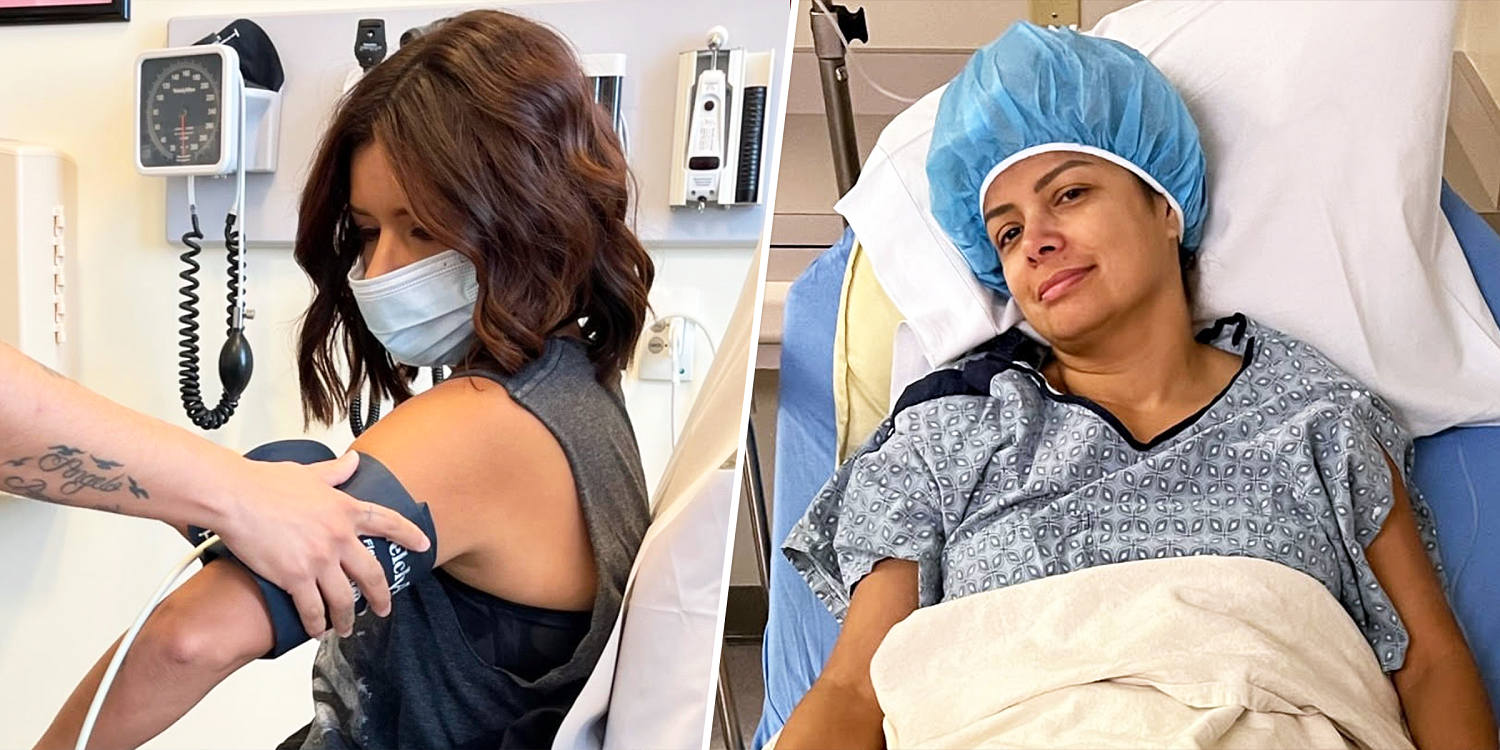
In Mumbai, a high-profile medicolegal case has emerged. An orthopaedic surgeon and a well-known hospital are facing litigation due to a post-operative infection following a knee replacement surgery. The plaintiff, a professional with a significant income, has claimed substantial financial and personal losses due to months of inability to work, compounded by extensive hospital treatment expenses.
Simultaneously, in Bangalore, a contrasting yet equally compelling situation unfolded. I was consulted by the family of a patient who had been in the Intensive Care Unit (ICU) for over two weeks, undergoing treatment while on a ventilator. Unfortunately, the patient developed ventilator-associated Acinetobacter pneumonia—a serious Hospital-Acquired Infection (HAI).

Despite the hospital’s reputation for high standards of care, the family questioned why they should bear the financial burden for an infection acquired under hospital care. Their concerns were twofold: the ethical dilemma of the hospital allegedly benefiting from the extended treatment required for the HAI (including additional ICU days, ventilator use, and expensive medications) and the principle of the hospital’s responsibility in preventing such infections. This case represents a scenario where the family sought a waiver of the bills for treating the HAI, contrasting with seeking compensation.
They argued that if the infection was hospital-acquired, the hospital should absorb the treatment costs. ‘Devices cause most hospital-acquired infections’ Both the Mumbai and Bangalore cases illustrate common but critical challenges faced in healthcare systems, particularly in accredited hospitals. They reflect the broader issues of HAI management, financial implications for patients, and the ethical considerations of healthcare delivery.
When hospitals infect you HAIs are infections that patients acquire while receiving treatment for medical or surgical conditions. Globally, HAIs are among the most common complications within healthcare settings, significantly increasing morbidity, mortality, and financial costs. According to a study published by the International Nosocomial Infection Control Consortium (INICC), the prevalence of HAIs can be up to 20 times higher in low and middle-income countries compared to high-income areas.
The financial implications are profound; the treatment of HAIs in the United States alone adds up to an estimated $45 billion annually. In developing countries, including India, the costs are exacerbated by limited resources and high rates of antimicrobial resistance (AMR). Country perspectives In the United States, the Medicare and Medicaid insurance system does not reimburse costs associated with certain HAIs, a policy that incentivises hospitals to prevent such infections.
Moreover, U.S. private insurers are also following the same system.
Hospitals do not charge patients for the cost of managing HAIs, enhancing accountability. This is supported by platforms like the Hospital Compare website, which publicly displays HAI rates among other quality indicators, allowing patients to make informed healthcare decisions. India faces unique challenges due to its diverse healthcare standards and high levels of AMR.
Despite many hospitals in India obtaining Joint Commission International (JCI) accreditation, a standard that purportedly upholds international healthcare quality, there is no obligation for these institutions to publicly disclose their HAI rates. Though all NABH (National Accreditation Board for Hospitals) accredited hospitals generate the HAI quality indicator data on a monthly basis, they are not mandated to publicly disclose the data. Proposed Solutions All NABH and JCI-accredited hospitals should be required to disclose their HAI rates on a common platform, possibly under the oversight of institutions like the NABH, Indian Council of Medical Research (ICMR), or the National Centre for Disease Control (NCDC).
JCI accredited hospitals should follow JCI benchmarks while NABH accredited hospitals can follow a benchmark that can be set using the ICMR-NCDC surveillance network data. Indian benchmark values will be significantly higher than the US CDC benchmark, due to inherent challenges that Indian hospitals face, especially resource limitations. It’s up to the hospitals to decide whether they can follow Indian benchmark or the US benchmark.
While direct non-reimbursement for HAI-associated treatments might lead hospitals to offload costs onto patients, insurance companies could instead mandate that a portion of the payouts be directed towards improving infection control standards. For out-of-pocket expenses, hospitals, especially those with JCI accreditation, should align with international practices by not charging patients for the treatment of HAIs. For NABH accredited hospitals, a no loss-no profit model for HAI treatment could be considered.
Based on the claims of quality and the benchmark followed by the individual hospital, a reimbursement model can be followed. Public education plays a crucial role in differentiating between hospital-acquired and community-acquired infections. Patients and families need to understand that not all infections occurring during a hospital stay are due to hospital negligence—some, like a fungal pneumonia in a cancer patient, are unrelated to hospital procedures.
Patients should refrain from unnecessarily litigating, and understand that hospitals can only try their best to reduce HAI and not eliminate them. The cases from Mumbai and Bangalore represent two extremes commonly encountered in accredited hospitals. They highlight the necessity for a balanced approach that includes rigorous public education, stringent accountability, and transparent reporting of HAI rates, that takes into consideration the resource constraints most Indian hospitals face.
Only through such measures can we hope to reduce the incidence and impact of HAIs, aligning India’s healthcare practices with global standards while ensuring the safety and trust of patients. (Abdul Ghafur is an infectious diseases consultant and health policy expert. drghafur@hotmail.
com ) Published - September 20, 2024 06:00 am IST Copy link Email Facebook Twitter Telegram LinkedIn WhatsApp Reddit.














